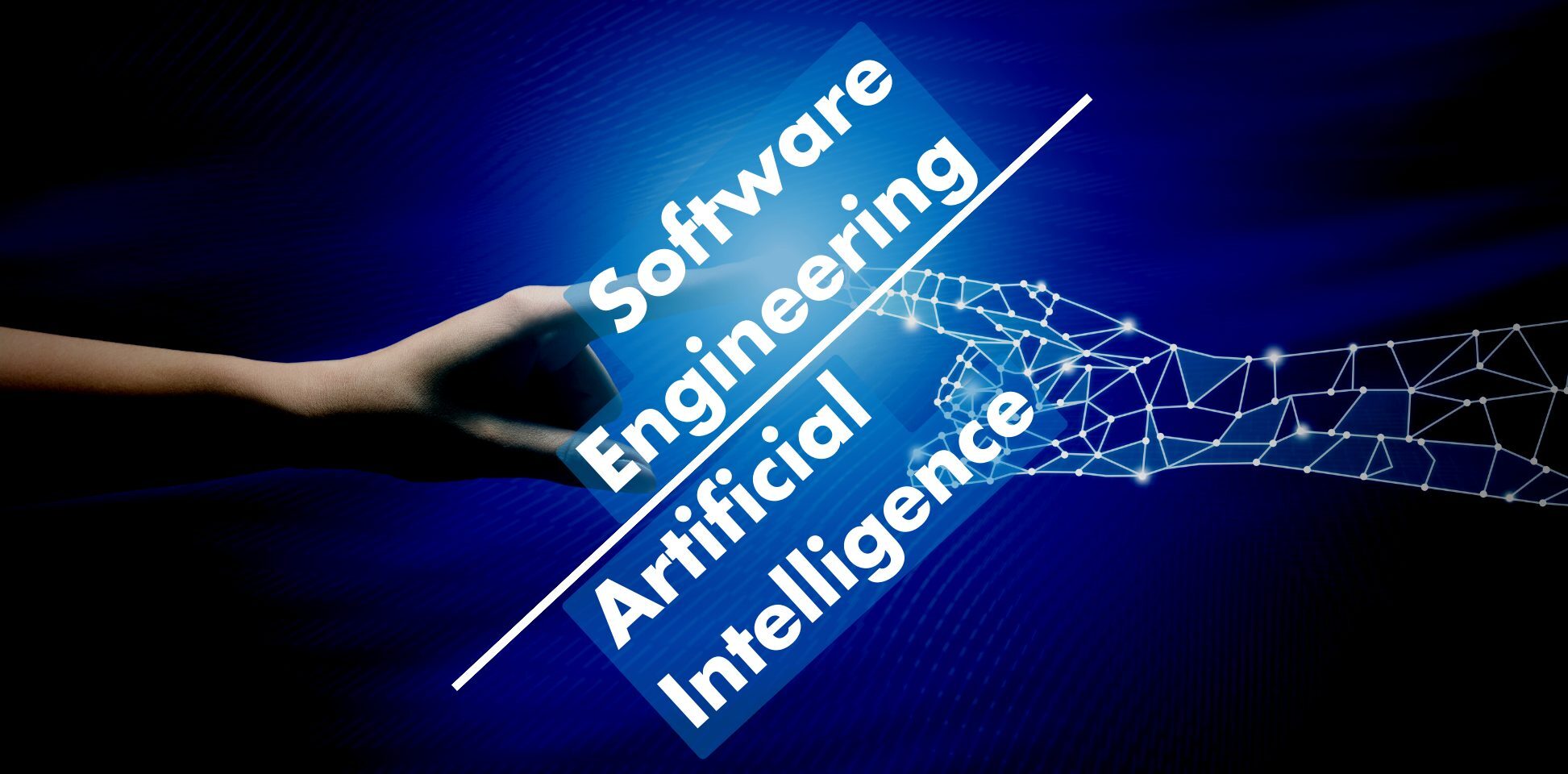Artificial Intelligence (AI) has revolutionized so many industries…including software engineering. AI algorithms and techniques have made it possible to automate various software development processes, such as testing, debugging, and deployment. This has significantly reduced the time and effort required for software development.
In our experience as a software architecture company, we welcome new technology – but also encourage engineers and architects. We advise proceeding cautiously, remembering that the knowledge gained through education and experience should always be applied when utilizing the new AI-powered tools.
In this article, discover how AI has impacted Blazor, Azure, and Octopus Deploy.
How Blazor Has Improved Functionality With Artificial Intelligence
AI-powered tools and frameworks have made it possible to build more intelligent software applications, such as chatbots and virtual assistants. These applications can understand natural language and learn from user interactions, providing a more personalized and intuitive user experience. Additionally, AI has enabled software engineers to develop more robust and reliable software systems by detecting and resolving potential errors and vulnerabilities before they cause problems.
Blazor, a web framework for building interactive web user interfaces using .NET and C#, can benefit from AI. These applications can be integrated with AI-powered tools and frameworks to provide intelligent functionality such as natural language processing, machine learning, and computer vision.
For example, Blazor applications can leverage AI-powered chatbots and virtual assistants to provide personalized and conversational user experiences. AI-powered recommendation systems can also be integrated into Blazor applications to suggest content and products based on user preferences and behavior.
Additionally, AI algorithms can be used to analyze user behavior and provide insights that can be used to improve the user experience and optimize the application’s performance.
Listen to this episode of The Azure DevOps Podcast, where Jeffrey Palermo speaks with Matthew Renze about developing your AI Strategy
Unlock Improved Applications by Integrating AI with Azure Services
There is a wide range of AI services provided through the Azure cloud computing platform which can be used with Blazor and other web frameworks. Various AI services such as Azure Cognitive Services, Azure Machine Learning, and Azure Bot Service are offered.
Azure Cognitive Services provide pre-built APIs for adding AI capabilities to applications, such as text analysis, image and video recognition, and speech recognition. Azure Machine Learning is a cloud-based machine learning platform that allows developers to build, train, and deploy machine learning models at scale. Lastly, Azure Bot Service is a fully managed platform for building and deploying AI-powered chatbots and virtual assistants.
These AI services can be easily integrated with Blazor applications through Azure’s APIs and SDKs, allowing developers to add intelligent functionality to their applications with minimal effort. Additionally, Azure provides various tools and services for managing, monitoring, and securing applications that use AI, making it a comprehensive platform for building intelligent web applications.
Watch this episode of Programming with Palermo where Jeffrey discusses the Architecture of GPT-3
Amazing Intelligent Application Deployment with Octopus Deploy + AI-powered tools
Octopus Deploy is a popular deployment automation tool that helps automate application deployment to various environments. It can be used in conjunction with AI-powered tools and frameworks to deploy intelligent applications that leverage machine learning models and other AI capabilities.
For example, an Octopus Deploy package can contain a machine-learning model and scripts to run the model, and it can automate the deployment of the model to various environments. Additionally, Octopus Deploy can be used to deploy web applications that use AI services provided by cloud platforms such as Azure.
For instance, Octopus Deploy can automate the deployment of Blazor applications that use Azure Cognitive Services for text analysis or speech recognition. By integrating Octopus Deploy with AI-powered tools and frameworks, developers can streamline the deployment of intelligent applications, reducing the time and effort required to deploy and manage AI-powered applications.
AI Will Continue to Have a Positive Impact on Software Engineering and Development
Overall, AI has greatly impacted software engineering, enabling software engineers to improve the speed of software delivery. Take advantage of what you can – while leveraging the education and experience that you and your team have in order to avoid quality issues with your software.
Let's Continue the Conversation
Join Clear Measure at the next Architect Forum
Where you can discuss real questions and topics with other Software Architects about leading a software engineering team that has adopted the Clear Measure Way of establishing quality, achieving stability, and moving fast.





